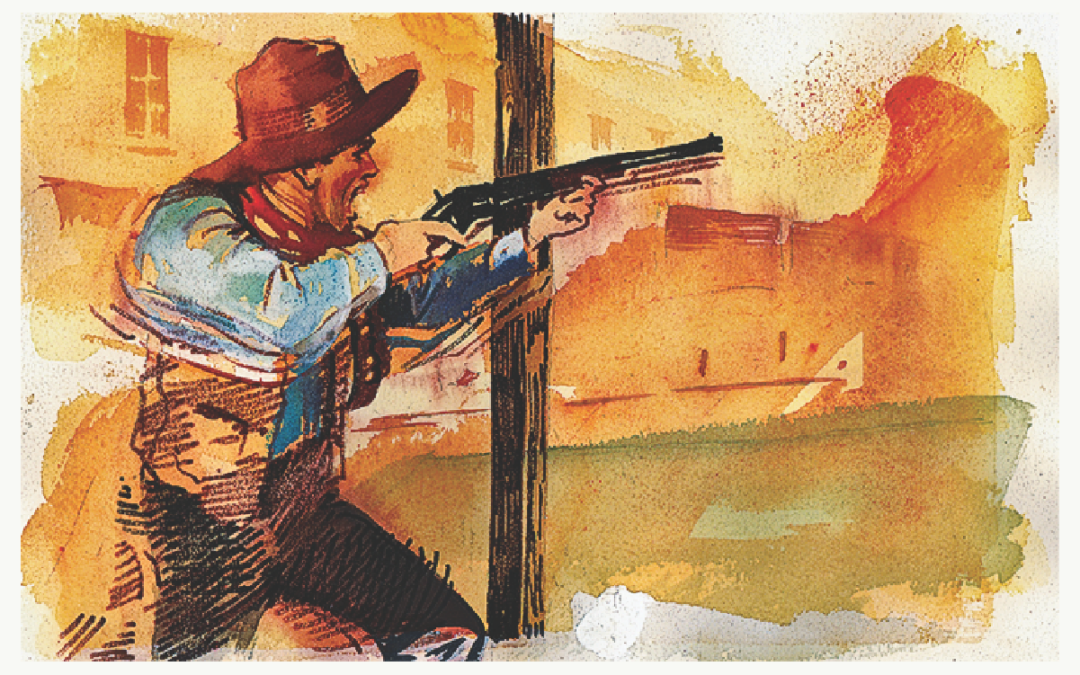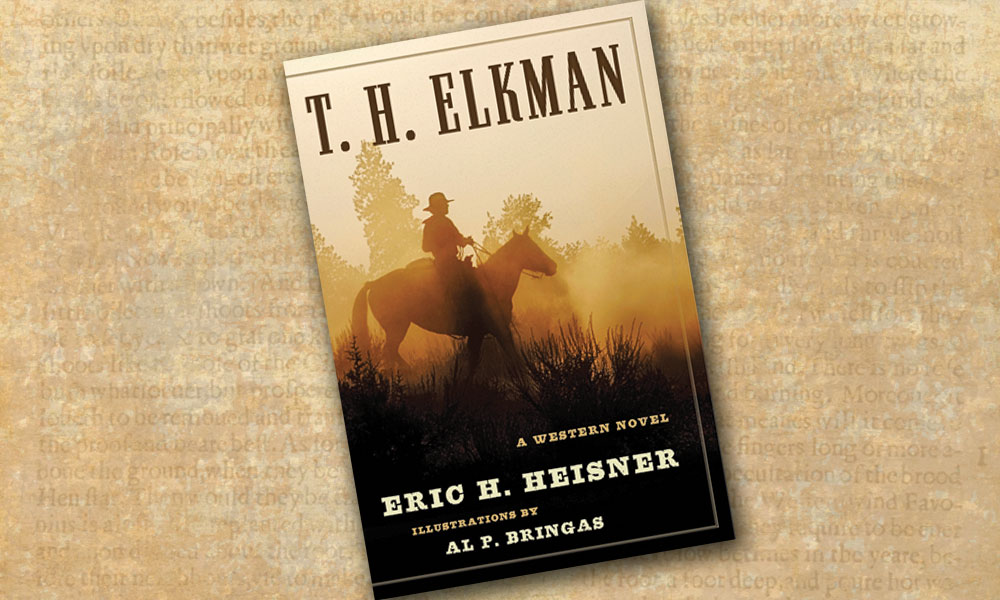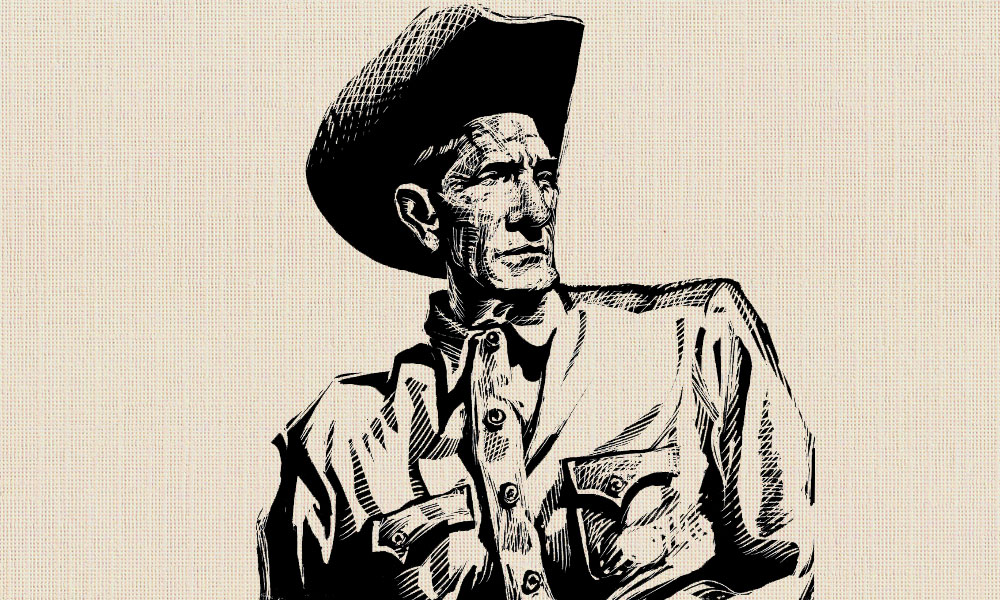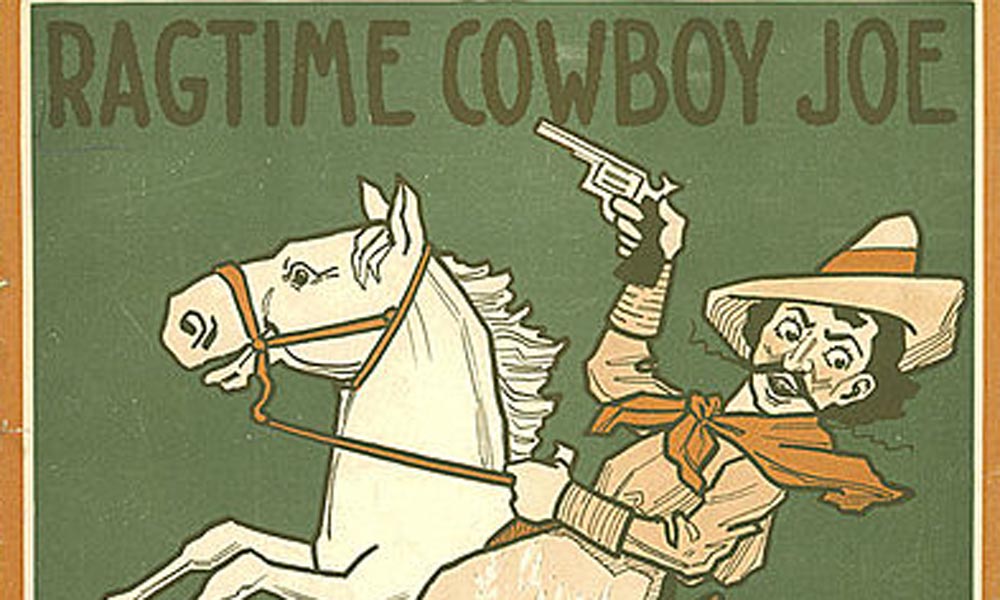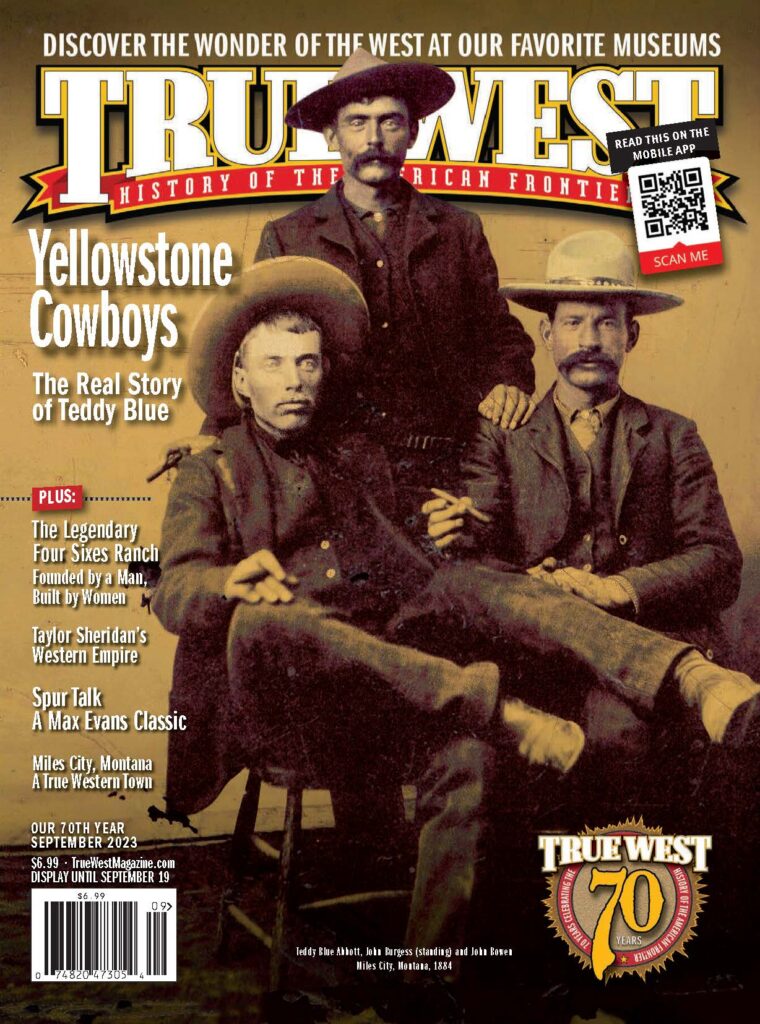Were there are any instances of small-time outlaws using the name of more famous outlaws as an alias?
Jeffery Stafford
Hyde, Cheshire, UK
We do know that Tombstone’s Billy Claiborne insisted on being called Billy the Kid—but that wasn’t really an alias. I’m not aware of any famous cases of a small-time outlaw pretending to be a famous badman—except maybe in the movies. If there were, it would be few and far between as he would be playing with fire. If an outlaw found that somebody else was using his name, he would surely come gunning for the impostor for tarnishing his name and reputation.
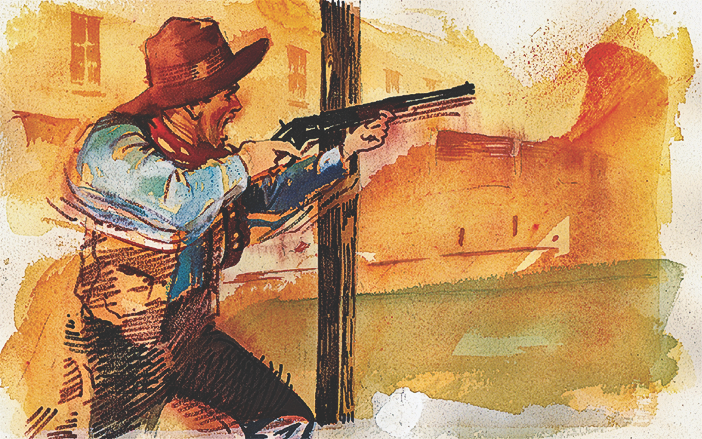
In the real Old West, did people break as much glass as we see in Westerns?
Jace Batina
Denver, Colorado
The breaking of glass is a Hollywood staple. It looks good on film; it’s dramatic and creates excitement. Windows were shot out in the real West, and no doubt some miscreants were thrown through a window or two, but two things: they were seriously hurt by the glass (unlike in the movies) and saloon owners were quite upset about it because glass was very expensive.
What happened to Jesse James’s widow and children after his death?
Don Hedrick
Sisters, Oregon
They were left destitute. The only valuables they owned were some stolen jewelry, a few weapons and some memorabilia. Most everything in the household was put up for auction in order to pay the creditors.
Zee and the children, Jesse Jr. and Mary Susan, were forced to move in with her brother in Kansas City. Zee suffered from severe depression. She began wearing black mourning clothing, never remarried and became a recluse. Jesse Jr. was forced to go to work at age 11 to help support his mother and sister. Although the family suffered financially and emotionally for the rest of Zee’s life, she refused all offers to publish books about her husband’s life.
Why did cowboys wear vests?
Frank Gomez
Fresno, California
Vests kept the torso warm while allowing the cowhand lots of arm freedom, which was needed for work on horseback. Many cowboys also wore vests because they had four pockets, allowing them to carry more personal items. And cowboys considered vests to be quite stylish.
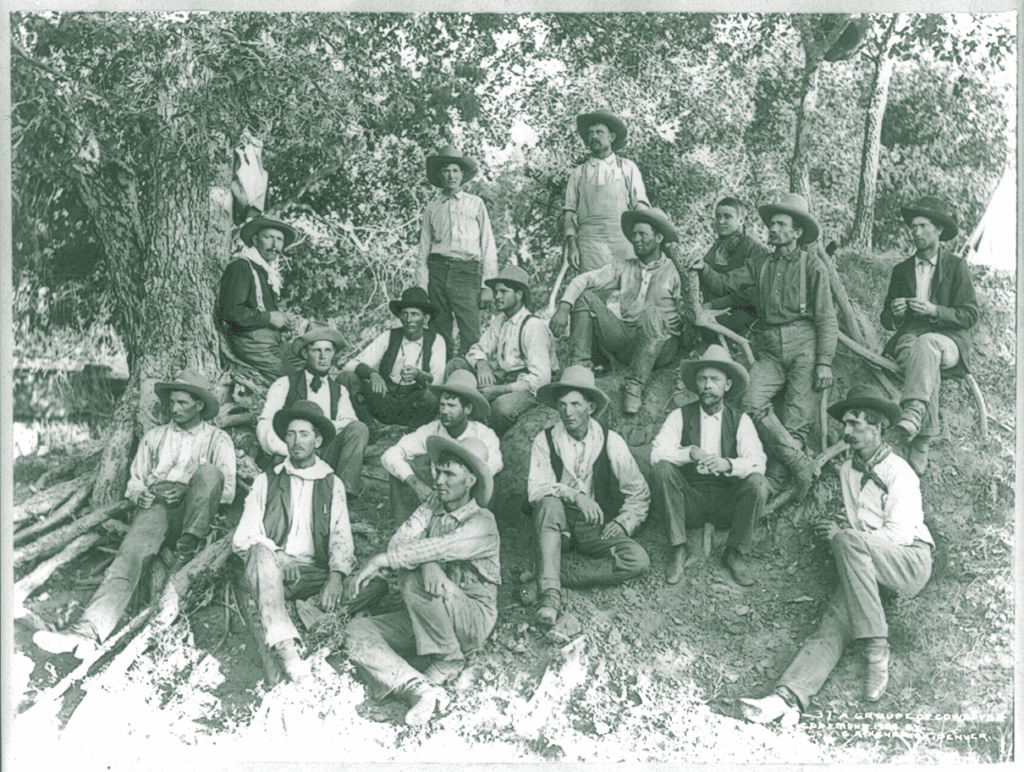
What time period do you consider the most dangerous in Arizona history?
Grover Downing
Prescott, Arizona
In my opinion, it would be 1861 and the years immediately following. The Bascom Affair at Apache Pass had set the Chiricahua Apaches on the warpath. The Yavapai and Tonto Apaches also waged war in the rugged central mountains. Under the skilled leadership of Mangas Coloradas and Cochise, the Apaches were a formidable fighting force. It was, to use the old Kentucky phrase, “a dark and bloody ground.” All this coincided with the Civil War, which caused the military posts to be abandoned as troops were withdrawn to fight the war in
the East.
Did any muzzle loaders have the flintlocks mounted on the left to accommodate southpaws?
Jeff Peirce
Indianapolis, Indiana
Most, if not all, were made for right-handers. A lefty just had to adjust. You can purchase muskets made for left-handed shooters today—but be careful, there are some shoddy ones for sale, and you don’t want to mess with black powder.
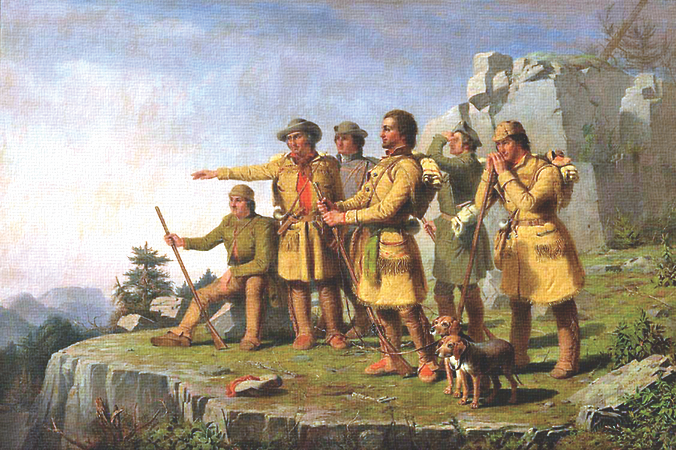
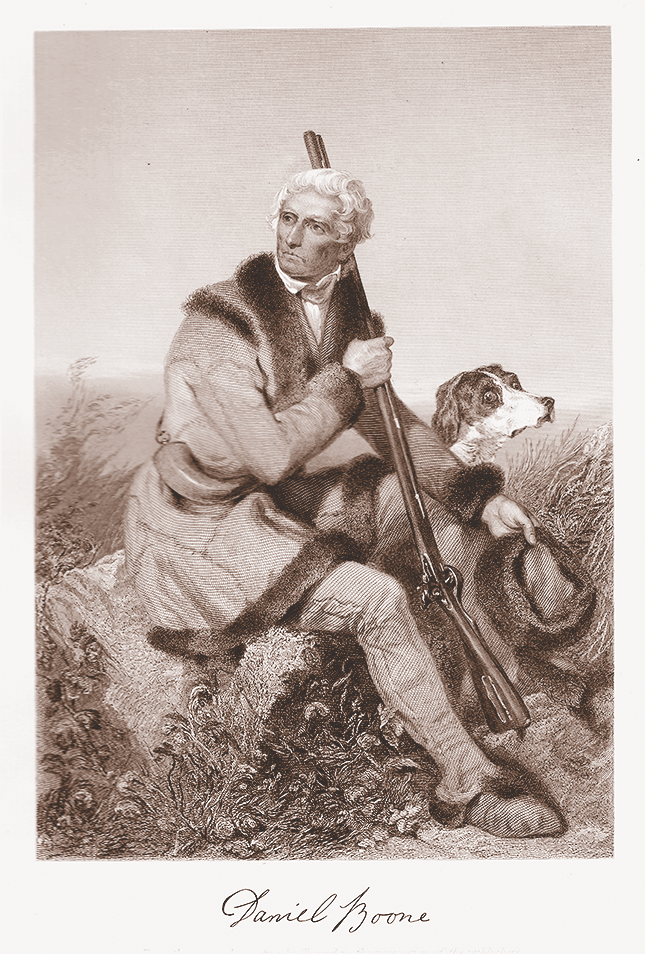
True West Archives
Did Old West figures keep the hammer on an empty chamber for safety?
Steve Forbes
Sarasota Florida
Yes, it was much safer to let the hammer rest on an empty chamber, whether self-contained cartridges or ball and cap. Any accidental blow might ignite it. However, if a firefight was imminent, it would be better to have the piece fully loaded.

